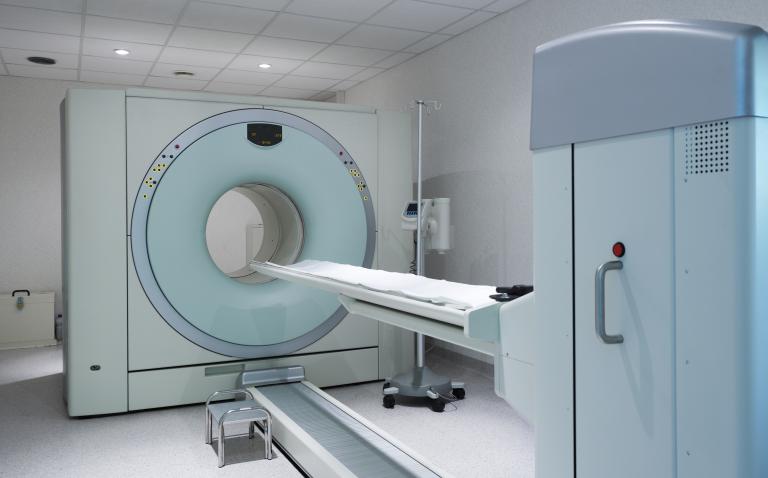Inflammation in inflammatory bowel disease (IBD) can be quickly and precisely diagnosed using a new type of nuclear medicine scan, according to research published in the June issue of The Journal of Nuclear Medicine.
Using immuno-positron emission tomography (immuno-PET) to image monoclonal antibodies directed against specific innate immune cell markers, investigators were able to effectively assess IBD in murine models. In addition, immuno-PET has high potential for theranostic diagnosis and precision treatment of IBD and other inflammatory diseases.
“The diagnosis and maintenance of IBD is heavily reliant on endoscopy, which is invasive and does not provide real-time information regarding the role of specific mediators and drug targets,” said Patrick A Hughes, PhD, head of the Gastrointestinal Neuro-immune Interactions Group, Centre for Nutrition and Gastrointestinal Disease at the University of Adelaide in Australia. “There is a need to develop less invasive tools that provide quick diagnostic information for IBD. This is particularly relevant when the area of inflammation is beyond the reach of the endoscope, such as difficult-to-access regions of the small intestine, and in patient populations that have increased risk in endoscopy, including paediatrics and haemophiliacs.”
Activation of the innate immune system is intimately linked to inflammation in IBD. Innate immune cells are marked by the cell surface receptor CD11b, and they secrete IL-1β to generate immune responses. In the study, the authors compared the ability of immuno-PET with 89Zr-conjugated antibodies against IL-1β and CD11b versus the ability of 18F-FDG PET and magnetic resonance imaging (MRI) to detect inflammation in colitic mice.
To evaluate the imaging methods, mice with ulcerative colitis were assessed daily for signs of acute colitis. Healthy mice were age- and weight-matched to the colitic mice, and comparisons were made regarding body weight loss, colon shortening and epithelial barrier permeability. Researchers then measured the levels of IL-1β and CD11b concentration, determining that the colitic mice had increases in these innate immune mediators.
Immuno-PET imaging revealed that in colitic mice, distal colonic uptake of 89Z-α-IL-1β was increased by approximately three-fold, uptake of 89Z-α-CD11b was increased by approximately five-fold and uptake of 18F-FDG was increased approximately 3.5 fold. MRI analysis showed an approximately two-fold increase in the T2 signal intensity ratio in colitic mice. A robust positive correlation was observed between colonic uptake of 18F-FDG and percentage body weight loss, with a strong trend toward a similar effect observed for 89Z-α-IL-1β, but not for 89Z-α-CD11b. MRI analysis of inflammation, however, did not correlate with percentage weight loss.
In addition, an ex vivo analysis indicated that the uptake of 89Z-α-IL-1β and 89Z-α-CD11b was increased throughout the entire gastrointestinal tract in colitic mice as compared to control mice. 89Z-α-IL-1β was distributed mainly in the gastrointestinal tract, while 89Z-α-CD11b was distributed to more tissue types. Furthermore, 89Z-α-IL-1β correlated with colitis severity, whereas 89Z-α-CD11b did not.
The comparison demonstrates the strong potential of immuno-PET of innate immune mediators for diagnosing and monitoring IBD, Hughes explains. “These findings are important for inflammatory diseases in general, as many of the biologics used to treat these diseases are directed against specific immune mediators; however, these drugs are also associated with primary and secondary non-response,” he adds. “Future refinements will lead to theranostic applications where the efficacy of drugs can be rapidly and non-invasively determined, leading to precision treatment not only in IBD, but also in other inflammatory diseases.”
Reference










